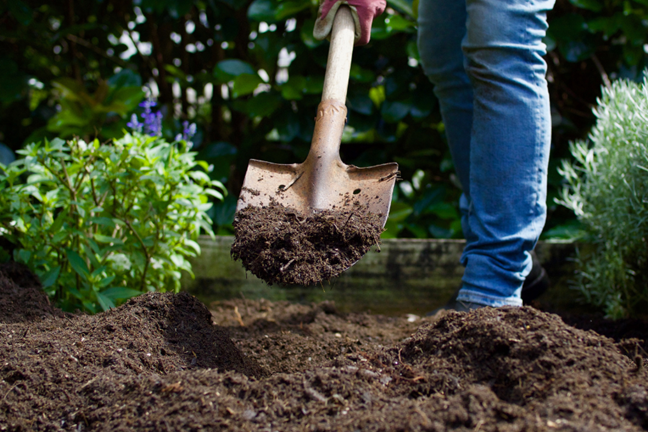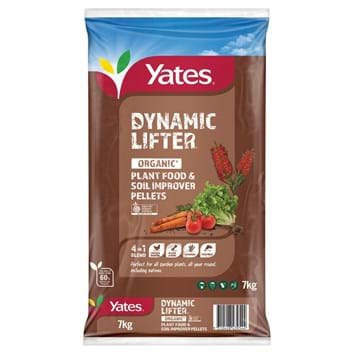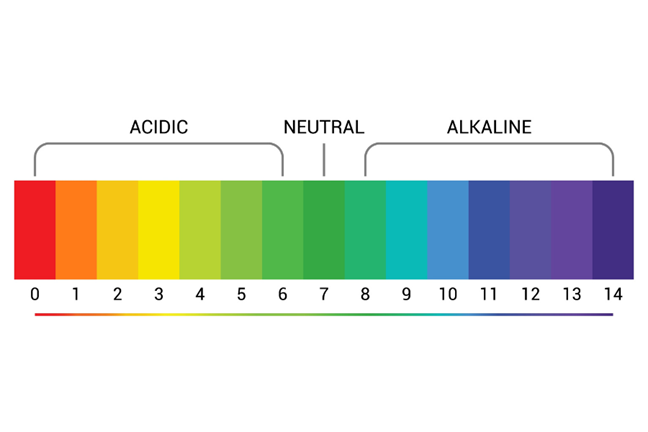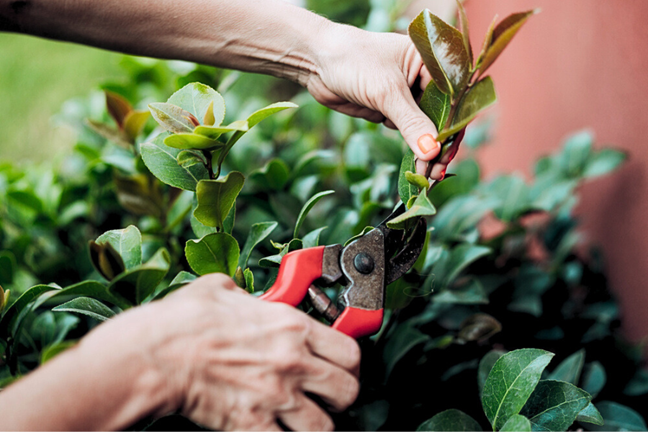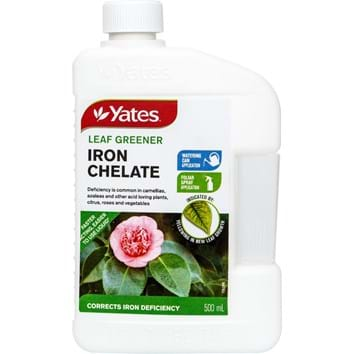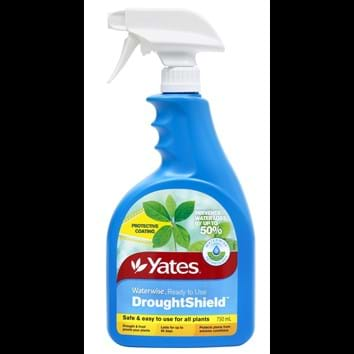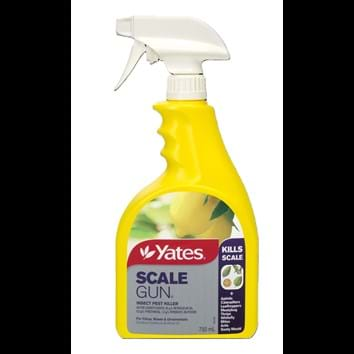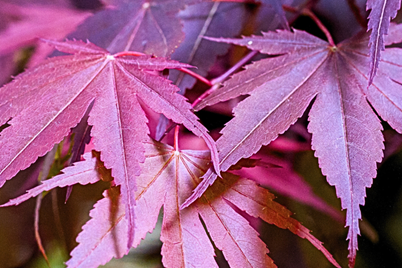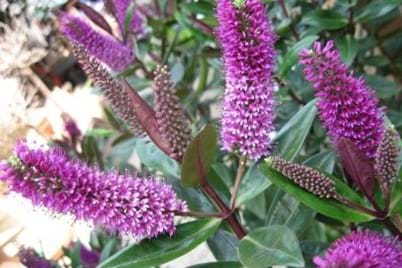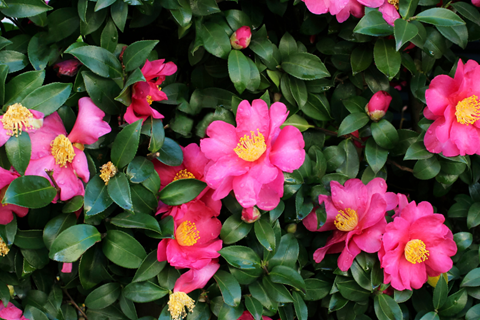
Camellia spp.
How to Grow Camellia
Camellias (Camellia spp.) are one of the most versatile and beautiful flowering plants that you can have in the garden. They can be used as a hedge, a stunning feature tree, a leafy potted plant, grown for their outstanding blooms, to make and create tea (C. sinensis) or just to add some colour to the garden during the coolest months. There are also prostrate Camellia varieties that can be grown as a ground cover, plus Camellias with fragrant flowers. The most common species of camellias are sasanquas and japonicas. Sasanquas are hardy camellias that are usually the first to flower, starting in autumn. Japonicas prefer growing in shady areas and flower from late autumn to early spring.
Part Shade with Some Full Sun Tolerant Varieties
Keep Soil Moist
Well-Drained & Acidic Soil
Suitable for Cool to Sub-Tropical Climates





